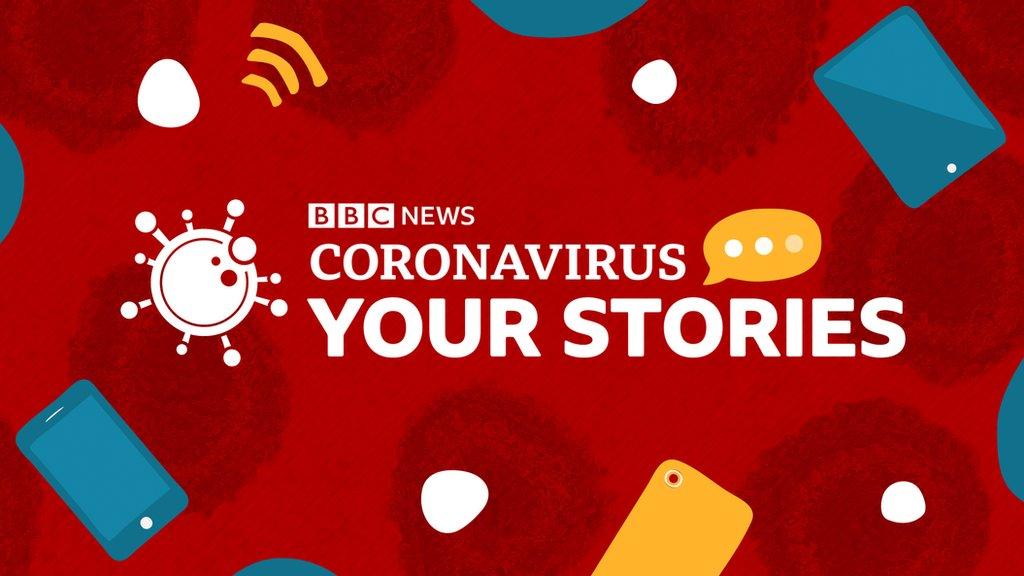BBC Young Reporter: 'I learned to walk again during lockdown'
- Published
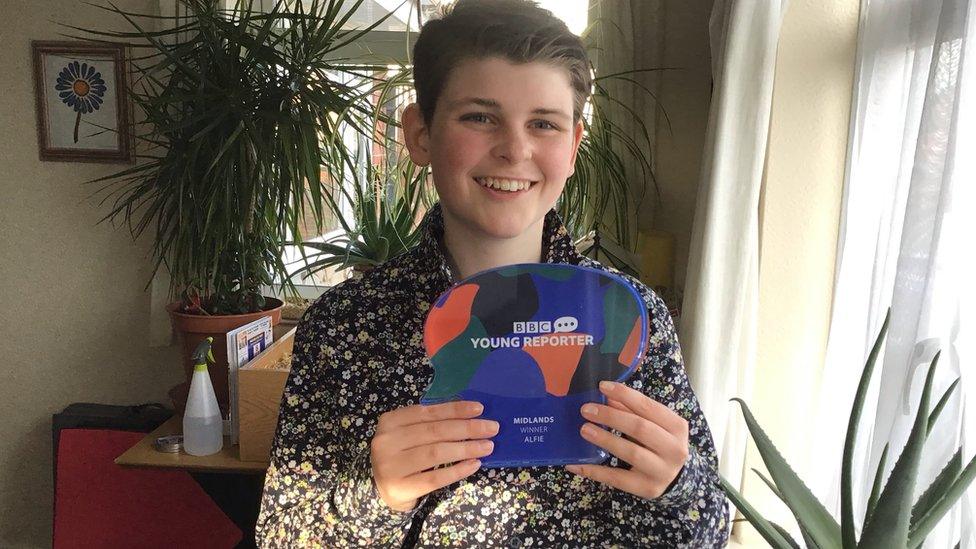
Alfie, 14, is the winner of the BBC Young Reporter competition in the Midlands
A boy whose leg was amputated after he was diagnosed with bone cancer has revealed how he learned to walk again during lockdown.
Alfie, 14, from Wem in Shropshire, was diagnosed with an aggressive osteosarcoma, external in July 2018.
He underwent chemotherapy and had the lower part of his leg amputated.
He plans to look at how youth cancer services have been affected by the pandemic, after winning the BBC Young Reporter competition in the Midlands.
Alfie and his family initially thought he had sprained his ankle when he started to have difficulty walking on it.
Eventually, he went to A&E where he had an X-ray.
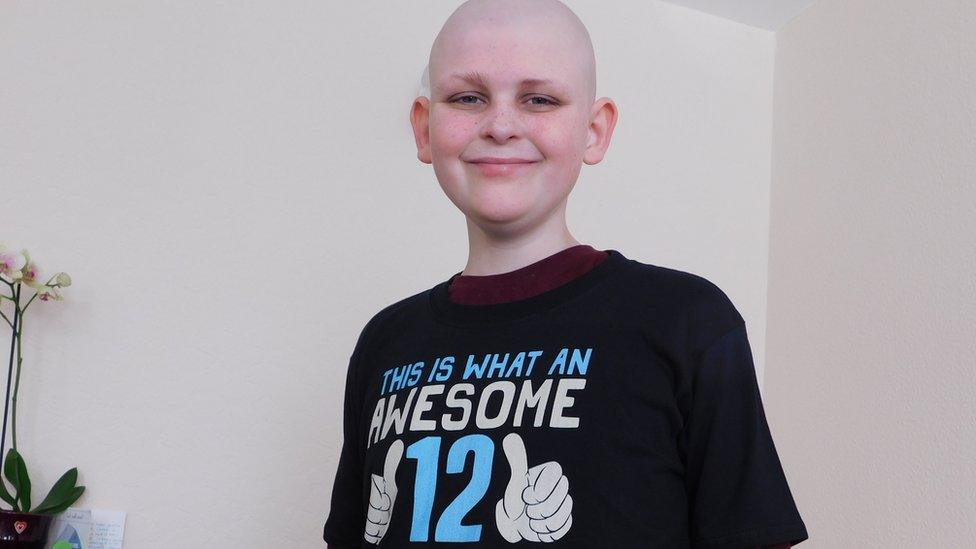
Alfie underwent treatment at hospital in Telford and at Waterfall House in Birmingham
"I think my dad's words were 'Your bone is really white, that must mean your bone is really healthy' and the doctor just looked at him and went 'no, that's not good'," Alfie said.
A biopsy was taken and two weeks later he was given the diagnosis.
"I actually didn't know what an osteosarcoma was," he said.
"I think my words were 'Thank God it is not cancer,' then she looked at me with the exact same look the doctor looked at my dad and said 'Yes it is cancer' and knowing nothing about cancer I burst into tears because I had no idea what to do."
His chemotherapy began shortly after and his leg was amputated in November 2018.
"If they didn't amputate my left [leg], because it is an aggressive osteosarcoma it would have started spreading up my leg and into my chest."
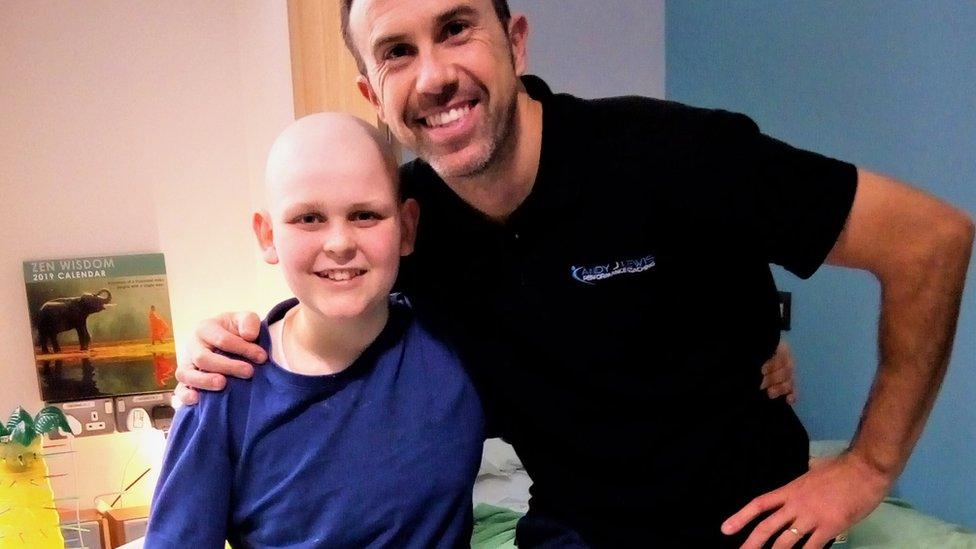
While in hospital Alfie met paralympian Andy Lewis MBE, who also had a leg amputation
When the first lockdown began, Alfie had been returning to school, but was reliant on a wheelchair.
With physiotherapy treatments cancelled due to the pandemic, he started learning to walk again at home.
"My dad would get me out in the wheelchair and once he got me... outside I wanted to walk again," Alfie said.
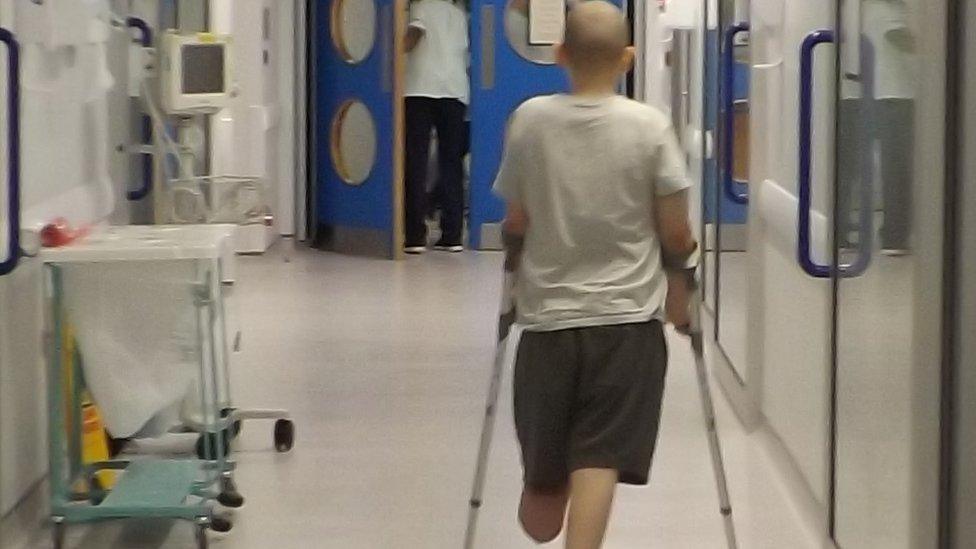
Alfie began walking on crutches before learning to walk unaided with a prosthetic
He began walking on crutches, and after a couple of months went down to one crutch, then began to walk unaided.
"It was hard but in the end it was totally worth it."
Alfie's experiences inspired his entry into the BBC Young Reporter competition, which was calling on young people to report on an issue important to them.
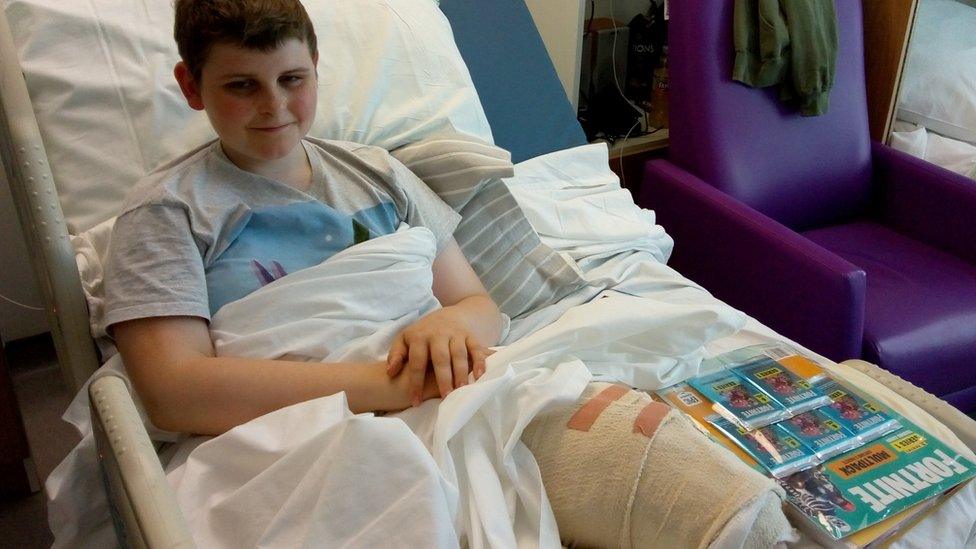
Chemotherapy left Alfie needing hearing aids, but he did not receive them until a year later
He will produce a report to be broadcast by the BBC and wants to speak to other young patients about whether their treatment has been delayed.
"I know there are people in those positions and I want to hear from them because it must be difficult," he said.
"I told my story and I told what I wanted to do with it and I got it out there and it won," he said.
"I am extremely excited, it is amazing."

Follow BBC West Midlands on Facebook, external, Twitter, external and Instagram, external. Send your story ideas to: newsonline.westmidlands@bbc.co.uk, external
- Published7 February 2021
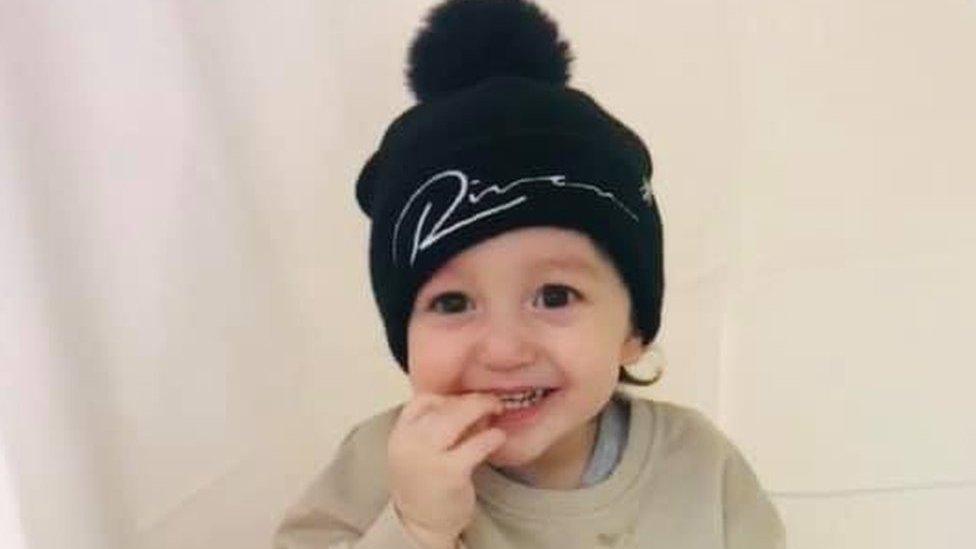
- Published2 February 2021
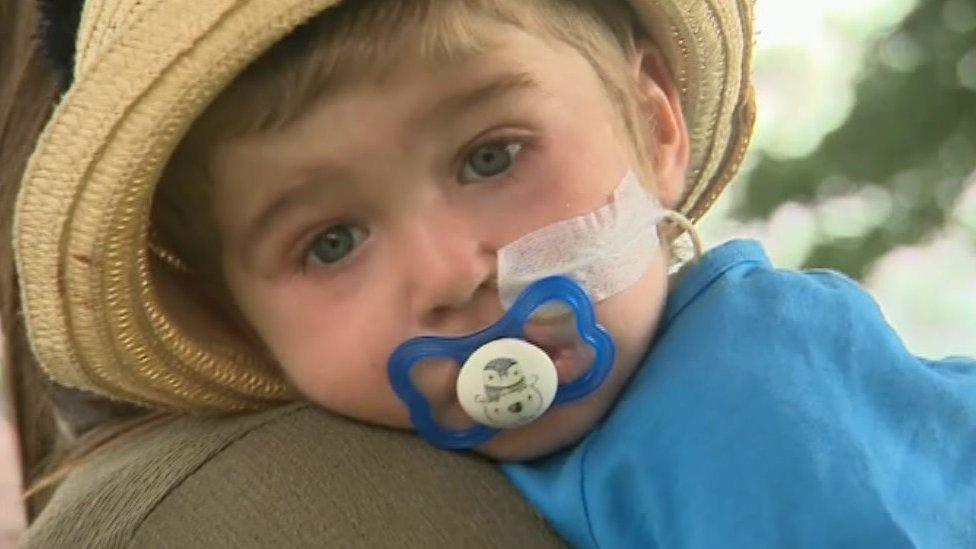
- Published27 January 2021
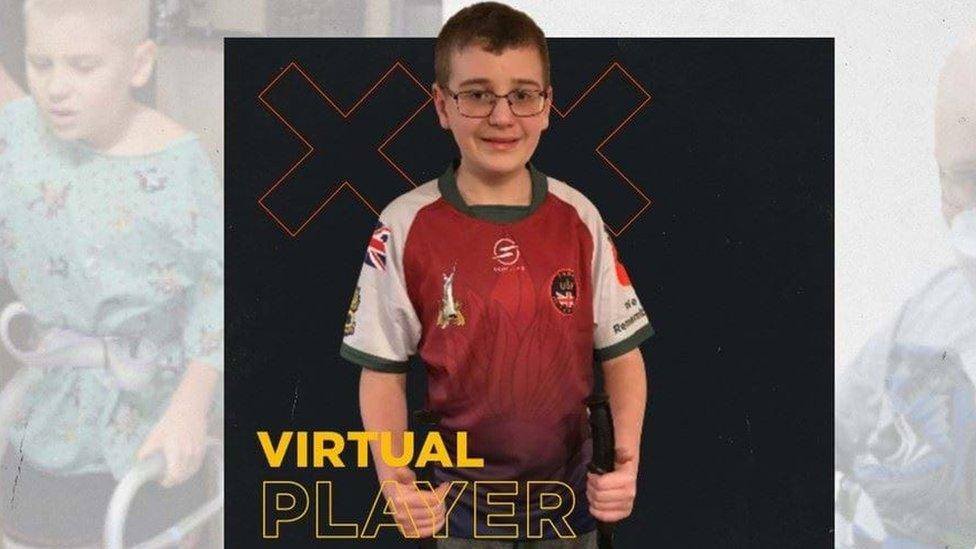
- Published6 April 2020
